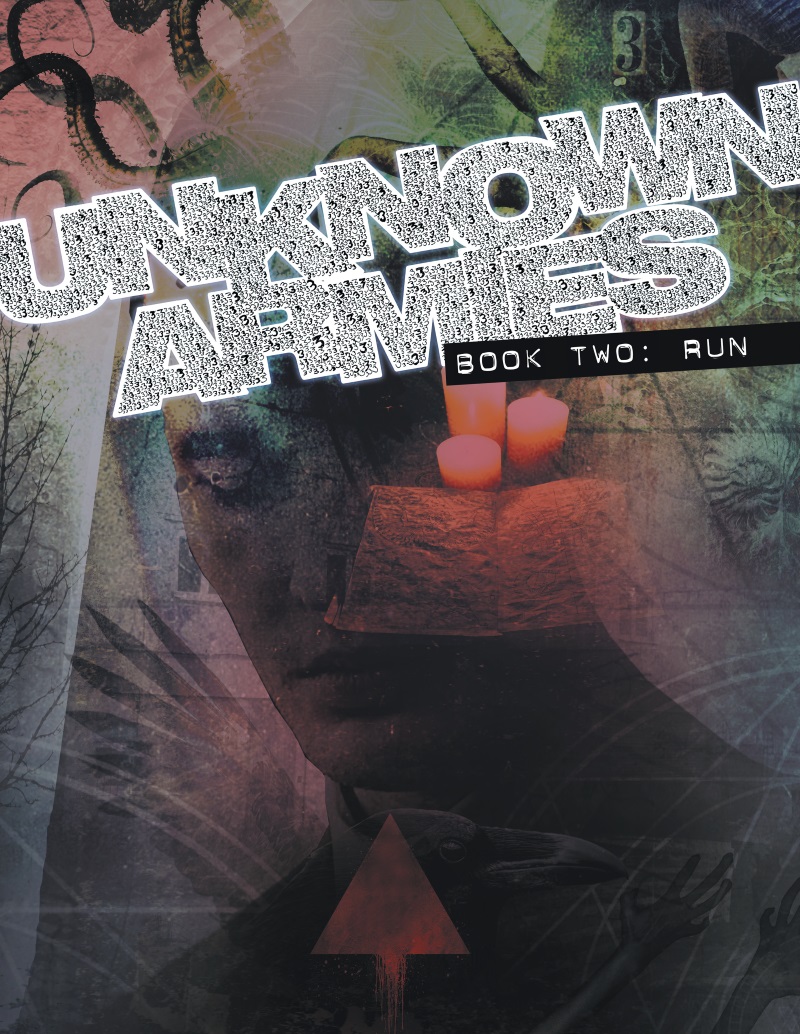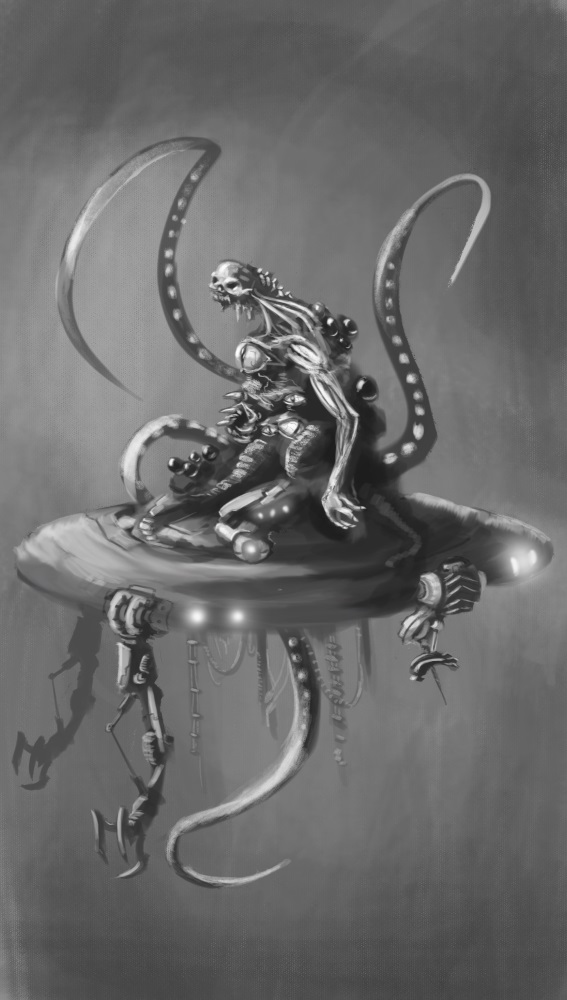 I backed the Unknown Armies 3rd edition kickstarter (of course), but after a quick glace at the PDFs (cool!) I got busy and put them away. Then the hardback books arrived.
While I can't wait to play it, I don't have to wait to steal from it. Hoist the jolly roger and prepare to plunder Distractions, Obstacles, and Blowback.
I backed the Unknown Armies 3rd edition kickstarter (of course), but after a quick glace at the PDFs (cool!) I got busy and put them away. Then the hardback books arrived.
While I can't wait to play it, I don't have to wait to steal from it. Hoist the jolly roger and prepare to plunder Distractions, Obstacles, and Blowback.
Any RPG can use them. I'm running a Dracula Dossier campaign right now, and uses for these concepts in our campaign to fight Dracula, blow stuff up, and make the world safe for Malbec wineries just jumped out at me. "Use me now!" they said.
In between sessions the GM gets to scheme ways to thwart the player's plans. You can put them on note cards, and once the game starts, you have things to throw at your players. In this way they are similar to spotlight cards, only meaner.
Distractions
Distractions are aimed at a specific PC. They aim to pull the PC away from the main plot (and the group!) and into a sub-plot that ties in with what the character values. Background information is great fodder for distractions.
For example, a druid in a standard fantasy RPG is a protector of nature. You know the party is planning on raiding the Dread Tower to stop the local Necromancer from raising an undead army. But on the way, a sacred grove is under attack by woodcutters. A forest spirit calls out for help.
So what does the druid do? Leave the party? Convince the party to save the sacred grove, even if it means the Dread Tower will be that much harder? Leave the grove to die in order to fight a greater threat? Any choice is good, as it deepens the character. And any choice will lead to blowback.
I wouldn't use a distraction if it was likely to make the campaign fail or lose the fun-factor. In this example, druids aren't your undead fighting specialists, a delayed assault on the Dread Tower will be harder, but not impossible, and the destruction of a sacred grove is likely to prey on the druid's conscience but not deliver a fatal wound to the party.
Have a distraction or three ready for each PC. You don't have to use them, they'll be good in a future session.
Obstacles
 Obstacles are simpler than distractions. The party is trying to do something. Some other group (or groups) want to stop them. So they send people or things to do just that. Important places have guards. Troublemakers attract unfriendly attention. Obstacles are your standard RPG encounters. You just want to have a few on hand and ready to go.
Obstacles are simpler than distractions. The party is trying to do something. Some other group (or groups) want to stop them. So they send people or things to do just that. Important places have guards. Troublemakers attract unfriendly attention. Obstacles are your standard RPG encounters. You just want to have a few on hand and ready to go.
A dungeon crawl has it's traps and dungeon denizens. A Night's Black Agents game has it's vampyramid. A thieves' guild campaign has security and rivals. A political campaign has factions and dirty tricks. A high school amateur detective gang has cliques and shady characters.
You've got this. A few extra obstacles on hand in case you need them is a good idea.
Blowback
Blowback is the consequence of the characters' previous actions. It can work as a distraction or an obstacle, but it's a result of what the PCs have already been up to.
If the druid let the sacred grove die to go fight undead, they could find themselves haunted by undead spirits of the grove. You could foreshadow this for a number of session, first with bad dreams, then sightings in the distance, and finally a throw-down.
If the PCs bombed the house to get the vampire, who owned the house? Who was there during the bombing? Now a Renfield backed with a pack of ghouls is on their trail.
As the campaign goes on, more and more of the action can come from blowbacks. Just don't overdo so much that the players feel all their actions turn the world to ashes. Let some of their victories remain shining victories, while at the same time show them what they do matters.

